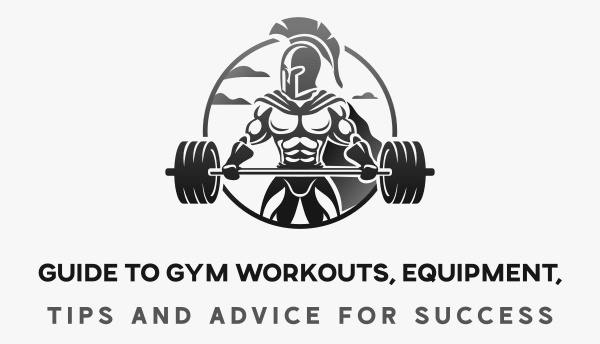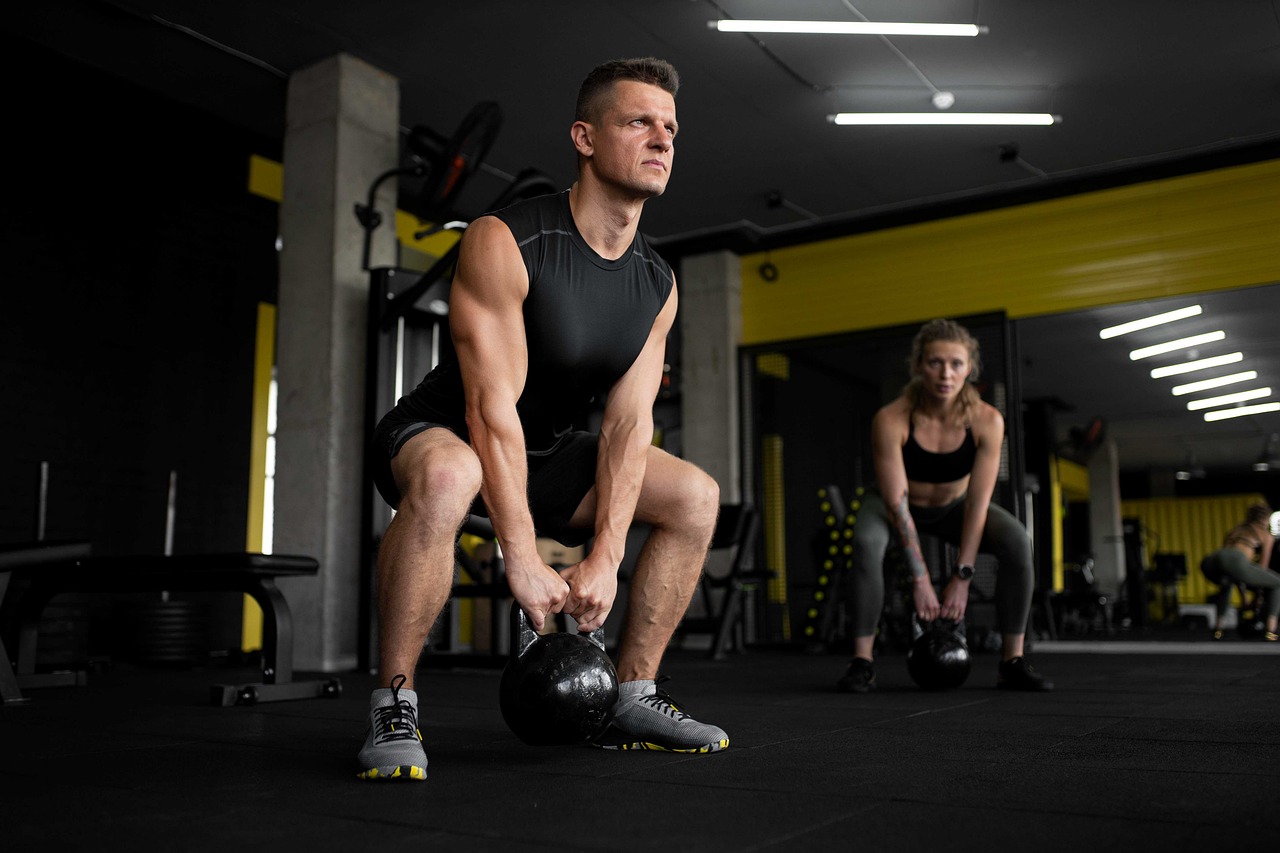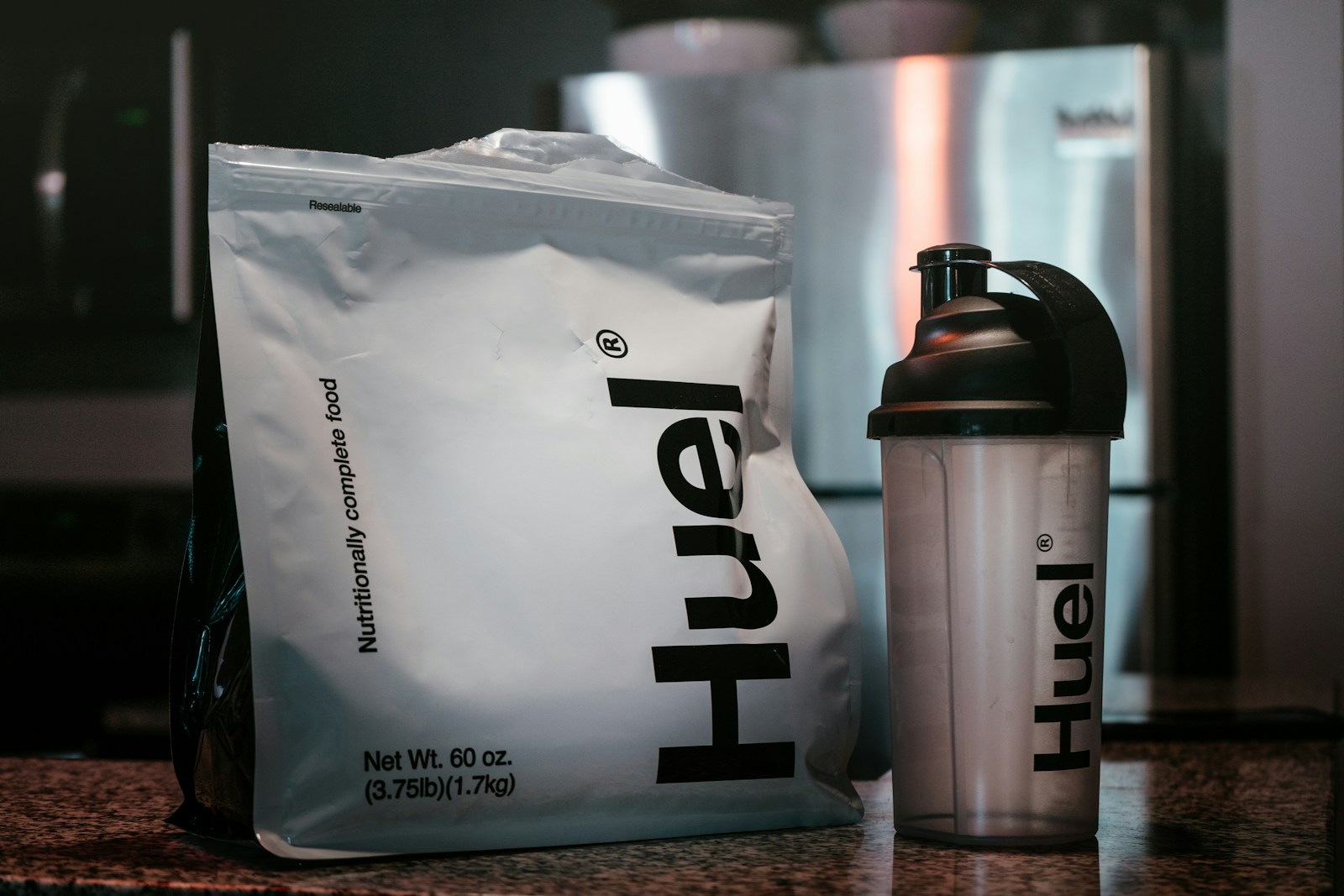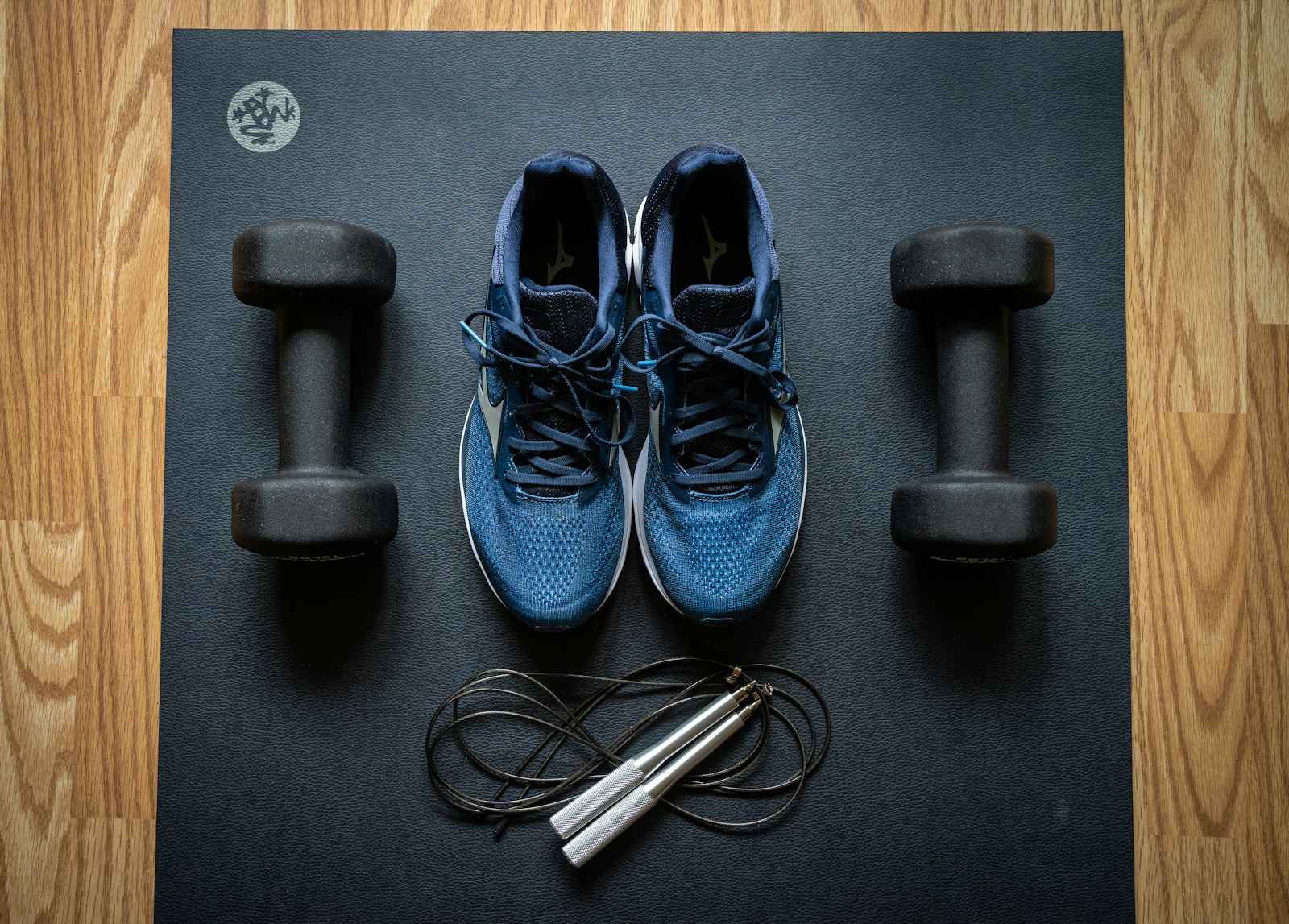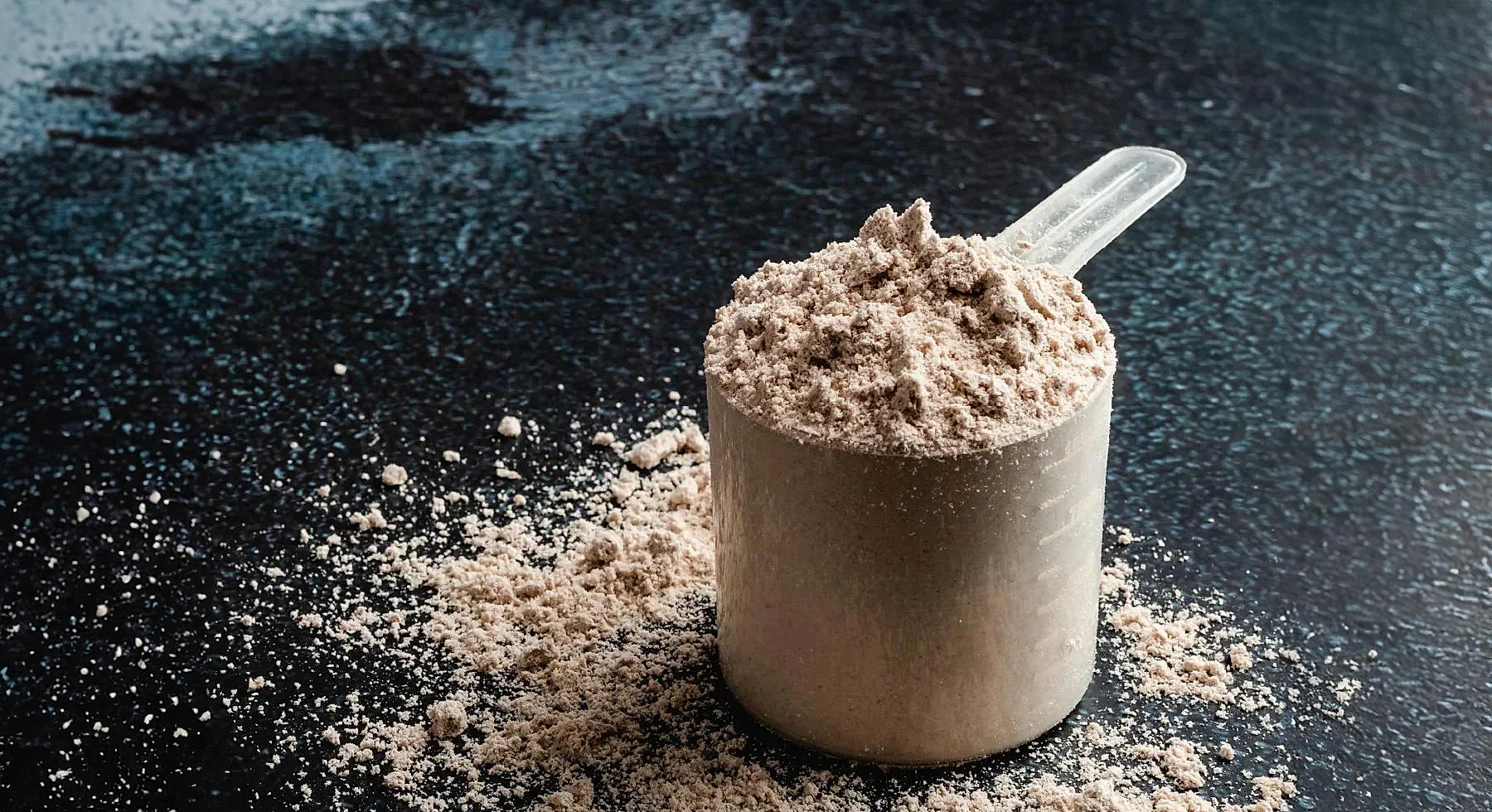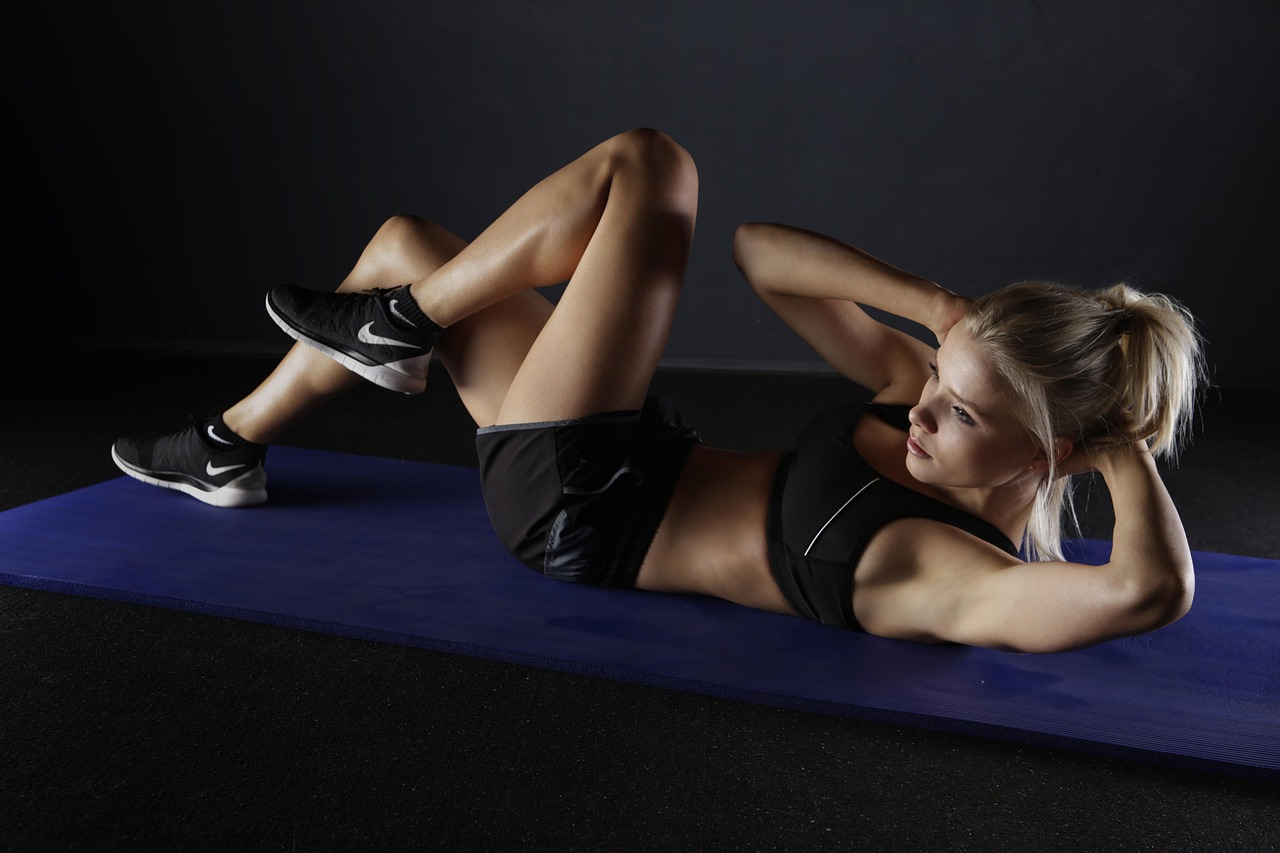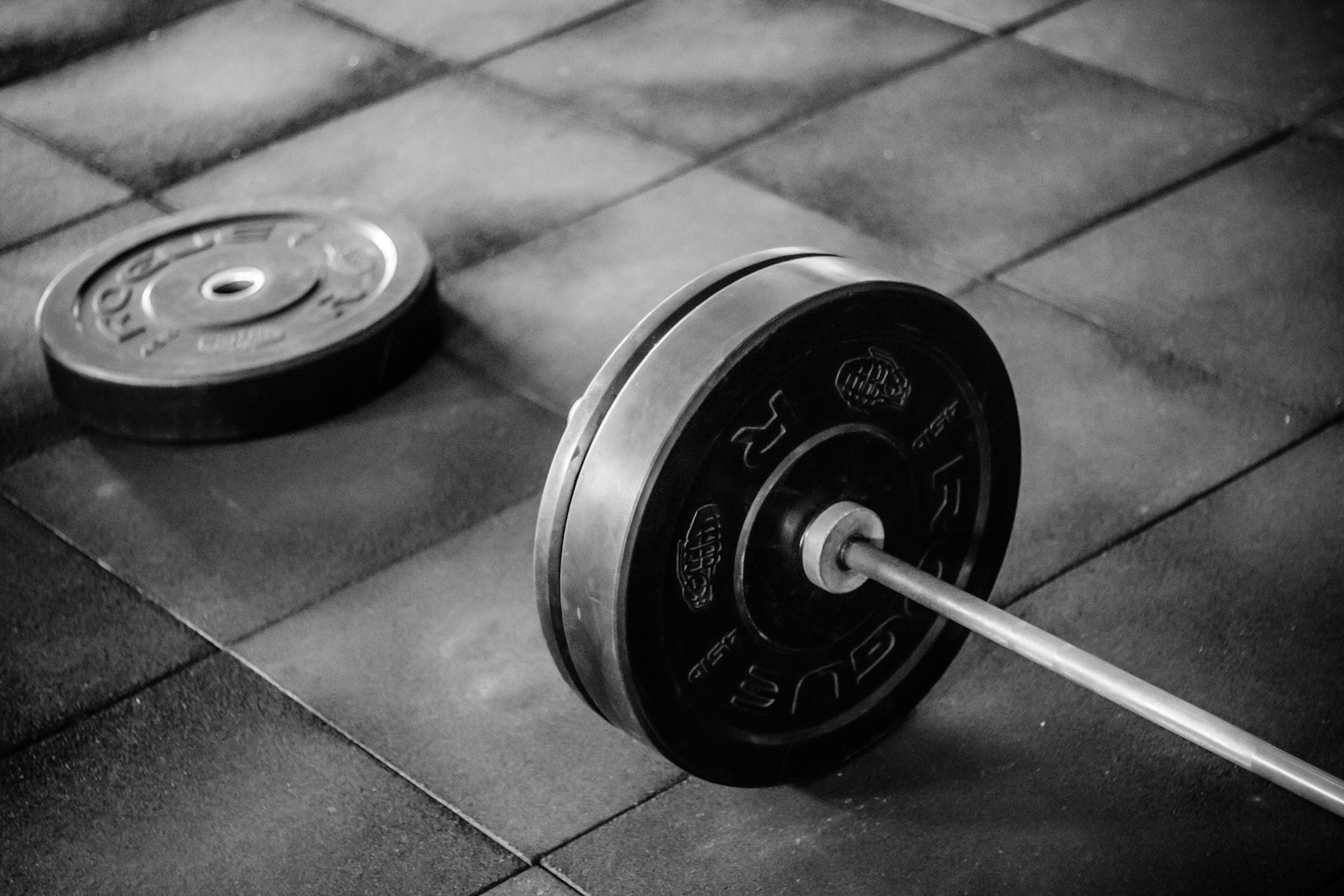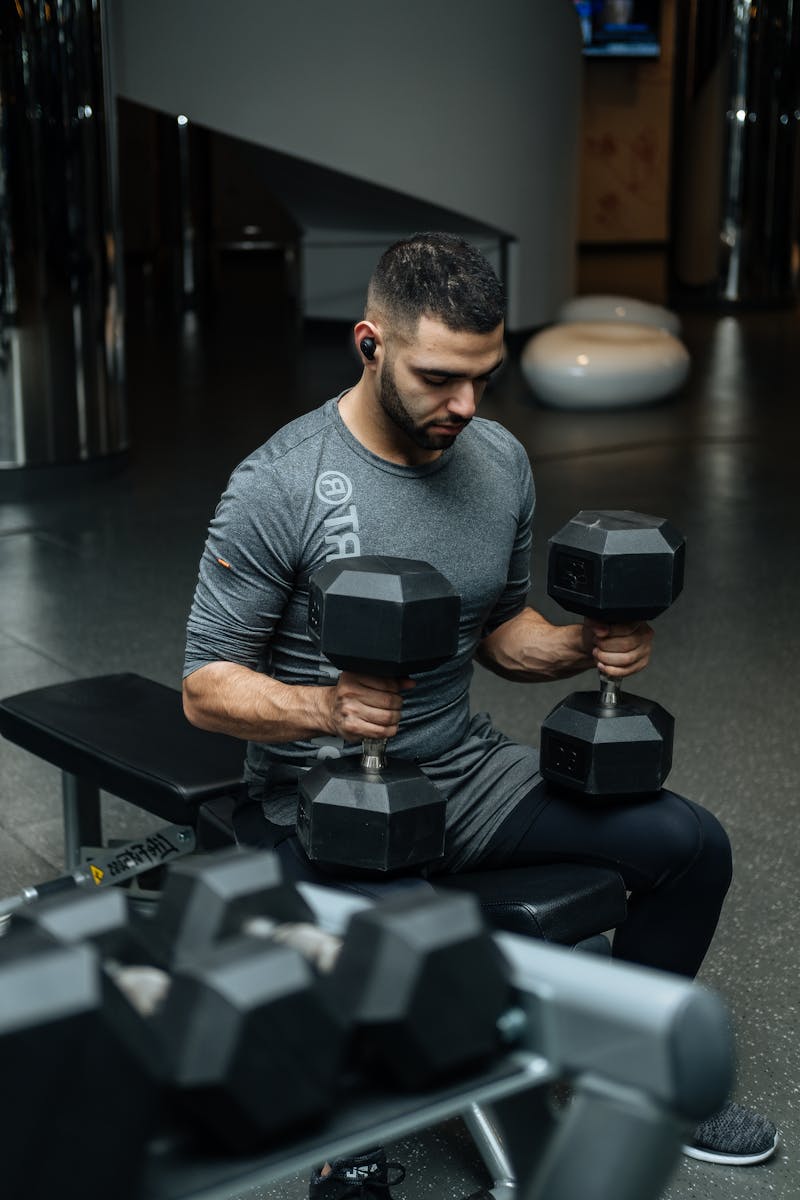This guide was analyzed by Serge, MSc. As a biologist, martial artist, and natural lifter with 10+ years of training, I share workouts, tips, and recommendations that are backed by research and proven to work.

When I was a student, life was a bit simpler. I had the freedom to work out whenever I wanted. The gym was accessible at different times, and I didn’t have to worry much about squeezing workouts between classes, work, and other responsibilities.
Training early in the morning wasn’t necessary because my days were more flexible. However, as time passed and life became busier, I found myself needing to adjust my workout schedule. Between school, part-time jobs, and other commitments, mornings became the most realistic option to get some training done.
That often meant waking up at 4 or 5 am and hitting the gym on an empty stomach. People often say fasted workouts promote faster fat loss and that exercising early maximizes fat burning. I gave it a try and kept track of how it affected my performance and energy levels.
Here’s what I learned over time.
How My Strength Was Affected by Fasted Workouts
I quickly noticed a difference between my upper body and lower body training while working out fasted. Upper body workouts like bench presses, rows, and overhead presses didn’t seem to suffer much. I was still able to lift decent weights and maintain my usual training intensity. It felt like my body could rely on stored energy to power through those sessions.
On the other hand, leg workouts were a different story. Exercises such as squats, deadlifts, and lunges require a substantial amount of energy and power. Without fueling up before training, I felt weaker and more fatigued faster. My endurance took a hit, and I couldn’t push the weights as high as when I had eaten beforehand.
This made it difficult to perform at my best and affected how much muscle I could build over time. The takeaway for me was that the legs demand more energy and carbohydrate availability to work optimally.

Can Fasted Training Help You Get Lean?
There’s no denying that after a fasted morning workout, you tend to look leaner. This happens because your body is slightly dehydrated after waking up, and exercising without food can temporarily reduce water retention. The muscles look more defined, and your physique might appear sharper immediately after training.
However, this effect is temporary and can be misleading. True fat loss is a result of long-term calorie management combined with consistent exercise.
Whether you train fed or fasted, fat loss depends largely on your overall diet and energy balance. Fasted training isn’t a magic solution for burning fat faster, but it can be one part of a broader approach to weight management.

The Drawbacks of Training Early and Fasted
While fitting workouts into early mornings can solve scheduling problems, it comes with challenges that are often overlooked:
Increased Fatigue Throughout the Day:
Getting up at 4 or 5 am to train means waking up earlier than usual, sometimes cutting short your sleep. This early wake-up combined with a workout without food left me feeling drained by midday.
My concentration suffered, and I felt more stressed during school or work. Fatigue accumulated quickly, affecting not just my training but daily life.

Early Bedtimes and Social Impact:
Because I was tired earlier in the day, I naturally went to bed sooner in the evening. While enough sleep is essential for recovery, this shift can interfere with social life, hobbies, or evening commitments. If your schedule fluctuates or you prefer staying up later, this can cause conflicts and disrupt your routine.

Increased Risk of Injury:
Working out without adequate fuel can lower your coordination, concentration, and overall strength, especially during demanding exercises. I realized this increased the chance of injury, particularly for complex movements like heavy squats or deadlifts. If you’re inexperienced, this risk can be significant and might lead to setbacks.

Limited Muscle Growth:
Building muscle requires lifting heavy weights and progressively overloading your muscles. I found it difficult to reach the same intensity on fasted mornings, particularly with leg exercises.
Without enough energy, pushing your limits becomes tougher, slowing muscle gains or potentially causing strength loss over time.
What Helped Me Get Better Results
After some trial and error, I made adjustments that improved my training experience while fitting into my busy schedule:
Eating a Small Snack Before Training:
Consuming a light meal or snack containing carbs and protein before early workouts made a noticeable difference, especially for leg days. A banana with peanut butter or a quick protein shake gave me enough fuel to feel energized and perform better.
Adjusting Workout Times:
Whenever possible, I moved some sessions to later in the day when I could eat properly and feel stronger. This allowed me to lift heavier and recover better.
Prioritizing Sleep:
Realizing the importance of rest, I focused on getting consistent, quality sleep. No matter how good a workout is, lack of recovery hampers progress and increases injury risk.
Listening to My Body:
Instead of forcing fasted training all the time, I paid attention to how I felt and made changes accordingly. On days I felt weak or tired, I either ate before training or shifted the session to later.

Common Misconceptions About Fasted Workouts
Many people think working out on an empty stomach is the best way to torch fat. While fasted training can slightly increase fat burning during the session, the overall effect on body fat reduction is minor compared to factors like total calorie intake and workout consistency.
Some believe fasted cardio is necessary for getting shredded. But fat loss is achieved by a sustained calorie deficit over weeks and months, not just by what time you train or whether you eat beforehand.
Others think fasted training will help preserve muscle while losing fat. However, muscle preservation depends more on adequate protein intake, resistance training, and avoiding excessive calorie deficits, rather than fasted or fed status during workouts.
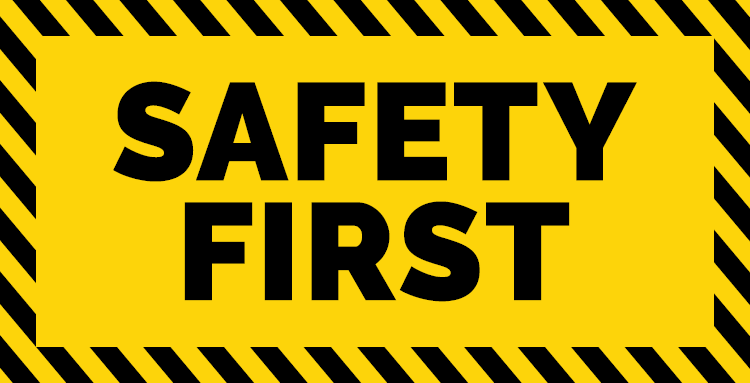
Safety and Experience Matter
If you’re new to training, fasted workouts might not be the safest choice. The drop in energy can affect your form and concentration, increasing injury risk. For beginners or those lifting heavy weights, eating beforehand is often the better option to ensure performance and safety.
More experienced lifters might tolerate fasted sessions better, but even then, it’s important to monitor your body’s signals and avoid pushing too hard without fuel.
Summary
After more than a decade of natural lifting experience, I wanted to share these insights so others don’t make the same mistakes I did. Fasted workouts are not inherently good or bad; their value depends on how you use them and your individual circumstances.
For me, training on an empty stomach worked fine for some upper body sessions but was less effective and riskier for legs. The tiredness that followed early fasted workouts impacted my productivity and wellbeing throughout the day. Eating a light snack before training and managing workout timing made a big difference in how I performed and felt.
The real key to getting lean and shredded lies in consistent effort, a sensible diet, and listening to your body’s needs — not simply training without food.
Use fasted training as a tool when it suits you, but don’t rely on it exclusively or expect it to be a shortcut to fat loss!
